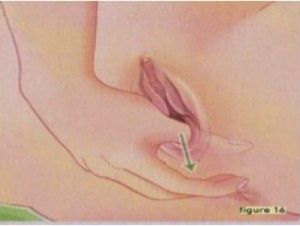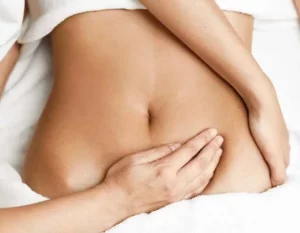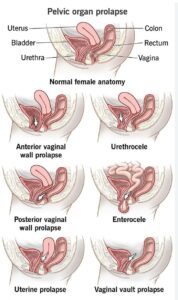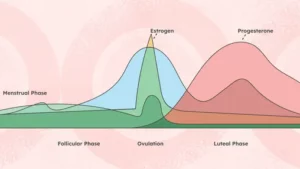Your sex life after a baby
Physiological changing, Psychological symptoms
When to start ? Which kind of issues you can have ?
9 months of pregnancy, giving birth, a lot of baby cries, short nights, baby sleeping in the room… A lot of things limiting sex life.
First, let’s see what happen from a Physiological point of view (not just fatigue)!
Due to hormonal level still high after you gave birth, there is a vaginal dryness. As a reminder you had a baby there is also pain, scare adhesion of episiotomy, tear or C-section. Breastfeeding bring an increase of volume but also sensibility of the breasts with associated loss of milk. Hypotonic perineum (pelvis floor muscle weakness, have a look at the article on the topic) lead to loss of sensation.
From a Psychological point of view is also a challenging time!
Throughout the pregnancy you were the centre of attention and people were caring for you. Back from the hospital you are suddenly supposed to be back where you were 9 months ago. Alone at home and tired, it is the often when the baby blues rise.
In addition of the baby blues, there is also the difficulty of being a mother and a woman at the same time. The duality between becoming a mum and staying a woman is a true challenge. Continuing to seduce your partner as you are breastfeeding with still a post-partum body shape (only in films you are back to shape in few weeks) is far from easy.
So when might be the time to start having sex again?

It is easy! Just listen to yourself! If you want to do it 3 weeks after, do so. If you still aren’t ready until many months later, it is totally fine too!
But, don’t rush it if there is pain or apprehension, don’t feel forced to until you feel ready. Only you know your body and when you are ready.
Keep in mind there is a 21 days of healing process for a scar after an episiotomy or a tear. For the first 6 weeks (or more), you may need to use a lubricant gel to make things more comfortable and compensate for any vaginal dryness. If the lack of desire continues, and it is a problem for you, you might want to discuss it with your partner and don’t hesitate to see a specialist as a couple. It is important to keep the lines of communications open in this instance as you may have completely different expectations from your partner.
Now we saw the causes, let’s see the sexual problem you can encounter:
- Genital pain caused by sexual intercourse are called Dyspareunies
- Involuntary contraction of perineal muscle preventing penetration is named Vaginisme
- Sometimes there is also an incapacity to have an orgasm which is called Anorgasmie
- Finally, due to all of these, a lack of desire can be present
You are going to tell me, thanks for the information, but what can I do about it???
First thing first, take care of vaginal dryness:
 With lubricant (during intercourse), moisturising cream (like Saforelle), or even colpotrophine (but you will have to speak with your gynaecologist first).
With lubricant (during intercourse), moisturising cream (like Saforelle), or even colpotrophine (but you will have to speak with your gynaecologist first).
Then, to prevent perineal muscle tension and scare pain you will have to massage your perineum as you did during the pregnancy with perineal oil and healing scar cream (youtube video). Don’t forget to massage your C-section scare as it may the cause of the pain.
During intercourse,
Keep your pelvis against the floor and try to keep your pelvic floor relax. Do not hesitate to massage it before. Some position help to bring this muscle relaxation, especially the one where your pelvis is higher than your thorax, like the doggy style. Positions where the lower back is raised are also suitable especially if you bring you knee close to your chest as it allow a better perineum opening.
If you don’t have any pain, do not hesitate to go back to your normal sex life. It is actually a really good way to regain a good awareness and sensation of your perineum!



